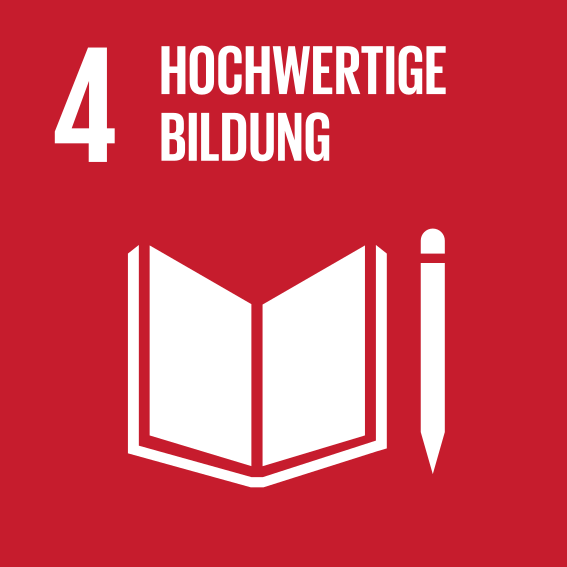|
Internships in dual higher education – learning and working tasks at the workplace
Brodsky, Alexander
;
Seifried, Jürgen
;
Sailmann, Gerald

|
Dokumenttyp:
|
Konferenzveröffentlichung
|
|
Erscheinungsjahr:
|
2019
|
|
Buchtitel:
|
EARLI 2019 : book of abstracts
|
|
Seitenbereich:
|
372
|
|
Veranstaltungstitel:
|
EARLI 2019 : Thinking Tomorrow´s Education: Learning from the past, in the present, and for the future
|
|
Veranstaltungsort:
|
Aachen, Germany
|
|
Veranstaltungsdatum:
|
12.-16.08.2019
|
|
Herausgeber:
|
Wosnitza, Marold
|
|
Ort der Veröffentlichung:
|
Aachen
|
|
Verlag:
|
RWTH
|
|
Sprache der Veröffentlichung:
|
Englisch
|
|
Einrichtung:
|
Fakultät für Betriebswirtschaftslehre > Wirtschaftspädagogik, Berufliches Lehren und Lernen (Seifried 2012-)
|
|
Fachgebiet:
|
370 Erziehung, Schul- und Bildungswesen
|
|
Abstract:
|
Dual higher education programs combine studies at universities/colleges with in-company work experiences. Many of these programs promise graduates who are well prepared to enter the labor market. Especially the practical periods embedded in the structure of these programs are regarded as a crucial factor in preparing students for the requirements of the labor markets. At the current state of research, little is known about the effects and benefits of workplace learning in higher education and its influence on the development of the students´ competencies. Hence, we analyze workplace learning during internships of a dual bachelor program by documenting job tasks with the help of learning diaries. Furthermore, we survey additional factors such as the students´ prerequisites and expectations (at the beginning of the internship), working and learning conditions at the workplace, and the perceived development of the students´ competencies (evaluation at the end of the internship). First results show that the students mostly observe colleagues at the beginning of their internship. Although observing colleagues was dominant, the share of self-performed tasks increased slowly during the duration of the internship. Both observations and self-performances are ascribed a high learning potential, although the results indicate a higher learning potential in cases of self-performances. While several task characteristics influence the perceived learning potential, the strongest predictor for both observations and self-performances is the interestingness of the task.
|

 | Dieser Eintrag ist Teil der Universitätsbibliographie. |
 Suche Autoren in Suche Autoren in
Sie haben einen Fehler gefunden? Teilen Sie uns Ihren Korrekturwunsch bitte hier mit: E-Mail
Actions (login required)
 |
Eintrag anzeigen |
|
|
 ORCID: 0000-0003-1372-9215 ; Seifried, Jürgen
ORCID: 0000-0003-1372-9215 ; Seifried, Jürgen  ORCID: 0000-0002-9460-7721 ; Sailmann, Gerald
ORCID: 0000-0002-9460-7721 ; Sailmann, Gerald





 Suche Autoren in
Suche Autoren in